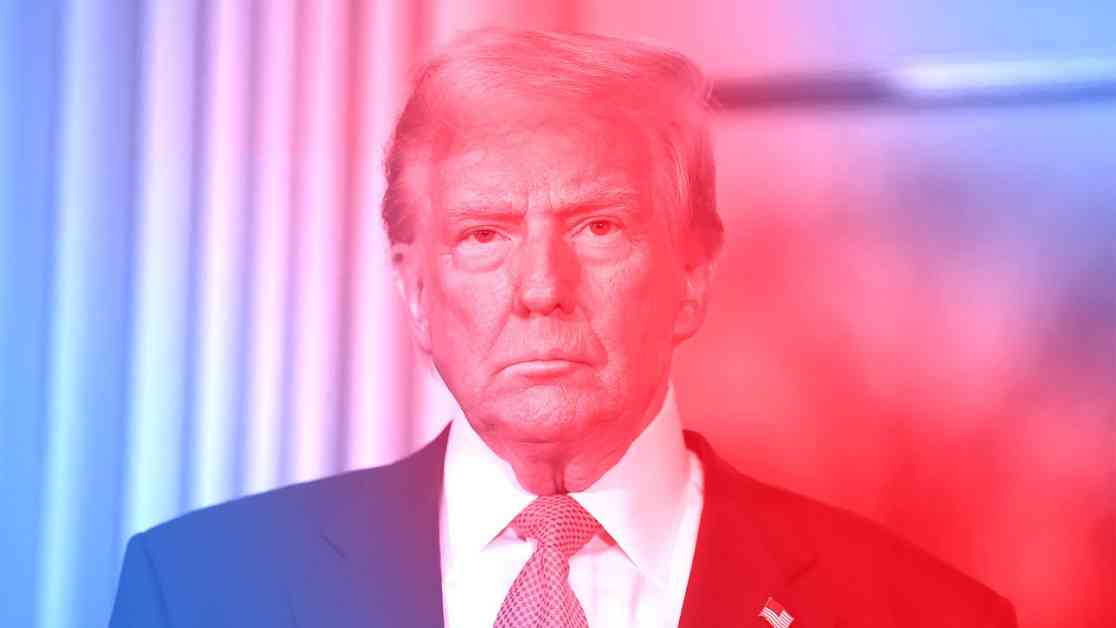Chris Wray’s Quiet Departure
F.B.I. Director Christopher Wray announced his resignation in January, nearly three years before the end of his ten-year term, to avoid a public battle with President Donald Trump. Wray’s decision to step down preemptively was a move to protect the Bureau’s values and principles from potential threats posed by Trump’s rumored successor, Kash Patel, a Trump loyalist.
Capitulating to Trump’s Influence
Senator Joni Ernst’s recent support for Trump’s controversial nominee for Secretary of Defense, Pete Hegseth, highlights the impact of Trump’s bullying tactics on key political figures. Ernst, a military veteran and survivor of sexual assault, changed her tone under pressure from Trump and his supporters, indicating the effectiveness of their coercive tactics in influencing decision-making.
Global Relations Under Strain
Trump’s confrontational approach extends beyond domestic politics to international relations, as seen in his threats to impose tariffs on Canada and Mexico. Despite escalating tensions, Canadian Prime Minister Justin Trudeau’s measured response reflects a strategic effort to avoid further conflict with Trump. Similarly, NATO’s consideration of increased defense spending aims to preempt Trump’s demands, showcasing a proactive approach to managing potential disputes.
The Dilemma of Resistance
As Trump’s adversaries navigate the complexities of dealing with his provocative behavior, questions arise about the effectiveness of resistance versus accommodation. While some view Trump’s bluster as a manageable threat, others grapple with the challenge of finding a middle ground between confrontation and capitulation. The delicate balance between challenging Trump’s actions and avoiding escalation poses a significant dilemma for those seeking to navigate his administration’s policies and rhetoric.












